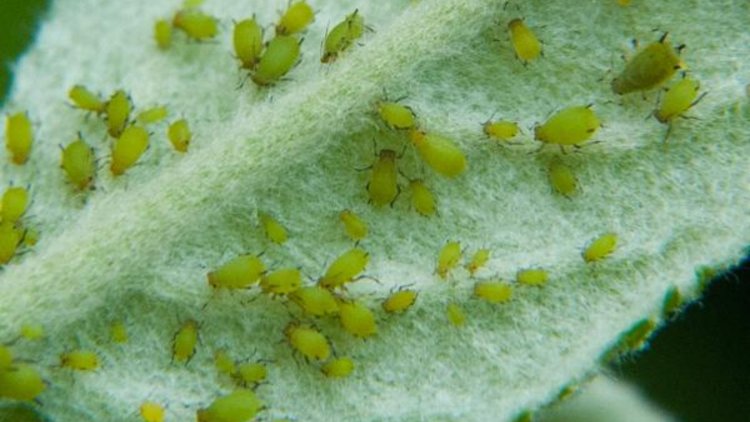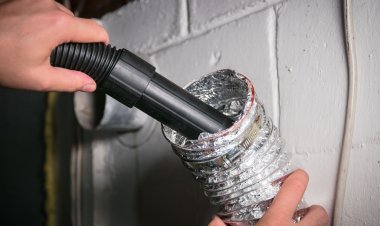Garden Guardians: Protecting Your Plants from Insects and Pests

A thriving garden is a source of pride and beauty, providing a tranquil space to relax and enjoy nature's wonders. However, the battle against insects and pests can sometimes feel like a never-ending struggle. Fear not, for in this guide, we'll delve into the world of garden guardians – natural and eco-friendly ways to protect your plants from unwanted invaders. Say goodbye to chemical-laden solutions and embrace a harmonious approach that keeps your garden flourishing.
The Importance of a Balanced Ecosystem
Before we delve into specific methods of pest control services, it's crucial to understand the delicate balance of your garden's ecosystem. Nature has a way of maintaining equilibrium when given the chance. Introducing chemical pesticides disrupts this balance and can lead to unintended consequences. Instead, consider fostering a diverse environment where beneficial insects, birds, and other creatures help keep pest populations in check.
How To Protect Your Plants from Insects and Pests?
- Companion Planting
One of the most influential and natural ways to ward off pests is through companion planting. Certain plants emit natural chemicals that repel insects, while others attract beneficial predators. For example, marigolds are known to deter aphids and nematodes, making them excellent companions for a variety of vegetables. Similarly, planting herbs like basil and rosemary can help deter pests while providing a source of flavour for your culinary endeavours.
- Introduce Beneficial Insects
Invite Mother Nature's little helpers into your garden. Ladybugs, lacewings, and parasitic wasps are some beneficial insects that feed on common garden pests. You can attract these helpful critters by planting nectar-rich flowers, such as coneflowers and cosmos. Consider setting up insect hotels or providing small water sources to encourage their presence.
- Neem Oil and Soap Sprays
When faced with persistent pests, consider utilizing natural remedies like neem oil and soap sprays. Neem oil is derived from the neem tree and is a natural insect repellent. Mix it with water and mild soap to create a spray that disrupts pests' life cycles. Be sure to test the solution on a small portion of your plants before applying it to the entire garden.
- Row Covers and Physical Barriers
For particularly vulnerable plants, physical barriers such as row covers can be a lifesaver. These lightweight fabrics allow sunlight and water to penetrate while keeping insects at bay. Row covers are particularly effective against flying pests like cabbage moths and carrot flies. Additionally, erecting barriers like copper tape around planters can deter slugs and snails.
- Proper Garden Hygiene
Maintaining a tidy garden goes a long way in preventing pest infestations. Regularly remove dead or decaying plant matter, as they can attract pests. Clear away weeds, which can harbour unwanted visitors. Proper spacing between plants also promotes healthy airflow, reducing the likelihood of fungal issues.
Conclusion
In the enchanting realm of gardening, the battle against insects and pests is an inevitable challenge. Yet, with a bit of knowledge and a touch of creativity, you can transform your garden into a thriving oasis, harmoniously balanced between lush plant life and the creatures that call it home. Embrace the role of a garden guardian by implementing these natural and eco-friendly methods, and watch as your plants flourish under your protective care. Remember, the key is not to dominate nature but to work alongside it, creating a haven where both you and your garden's inhabitants can coexist in perfect harmony.
Read More: What Is The Best Way To Get Rid Of Pests In Your Home.

 drseervi
drseervi 















